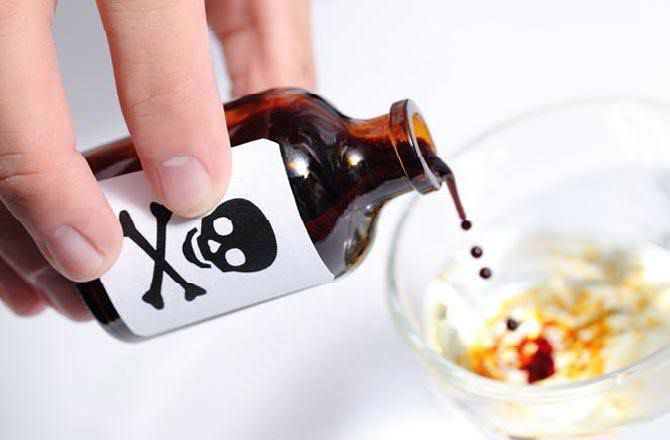Title: Hariprasad @Kishan Sahu v. State of Chattisgarh
Citation: CRIMINAL APPEAL NO. 1182 OF 2012
Decided on: 07.11.2023
Coram: Justice Bela M. Trivedi and Justice Dipankar Dutta
Introduction
The Supreme Court recently acquitted a defendant in a decades-old case involving alleged liquor poisoning resulting in a man’s death. The court emphasized the need to establish specific circumstances in cases of murder by poison, including proving a clear motive, establishing the cause of death due to poison, demonstrating the accused’s possession of poison, and establishing the opportunity to administer poison. The Court highlighted deficiencies in the prosecution’s case, particularly the lack of a definitive medical opinion on the cause of death, leading to doubts, especially considering the delayed receipt of the chemical analyzer’s report.
Facts of the case
In a case dating back to 2003, Bisahu Singh, who went to the forest one evening in July 2003 to collect wood, was discovered in a semi-conscious state the next morning. The deceased, in his slurred speech, alleged that Hariprasad, the appellant-accused, had made him consume liquor mixed with some herbs. Concerned about his worsening health, his wife took him to CIMS Bilaspur Hospital, where he ultimately succumbed to his condition in 2003. Following the chemical examiner’s report, an FIR was filed a year later in November 2004. After a thorough examination of the evidence, the Trial Court found the appellant guilty, a decision later affirmed by the High Court.
Court’s observation and analysis
The Court emphasized the crucial role of FIRs in criminal cases, serving as vital evidence to corroborate oral testimony during trials. While FIRs are not prerequisites for initiating investigations, they can corroborate or contradict the informant’s evidence in court. Filing FIRs promptly helps gather early information, identify culprits, and record eyewitness names, preventing the distortion of facts. However, delays in filing FIRs may not automatically draw adverse inferences, as the court must evaluate the reasons for the delay. In this case, the delay was attributed to the forensic science laboratory, which took a year to submit the chemical examination report.
The court reiterated the four essential circumstances to be proven in cases of murder by poison: a clear motive, death due to poison, possession of poison by the accused, and an opportunity to administer poison. The evidence presented in this case fell short in proving these crucial aspects. There was insufficient evidence to establish a motive, and witnesses lacked personal knowledge of the incident. The court highlighted that the statement of the deceased, even if treated as a dying declaration, only indicated that he had consumed liquor with the appellant but did not specify the alleged poisonous herb. The prosecution also failed to identify the herb or demonstrate its toxicity, and the chemical examination report was not presented to the appellant during his examination under Section 313 of the CrPC. Confronted with these deficiencies, the court deemed it appropriate to overturn the conviction.
“PRIME LEGAL is a full-service law firm that has won a National Award and has more than 20 years of experience in an array of sectors and practice areas. Prime legal fall into a category of best law firm, best lawyer, best family lawyer, best divorce lawyer, best divorce law firm, best criminal lawyer, best criminal law firm, best consumer lawyer, best civil lawyer.”
Written by- Amrita Rout


